By Queen Kunde
Democratic governance is meant to serve the people, built on the foundation of transparency, accountability, and public participation. At the heart of it, democratic systems rely on elected officials to represent the interests of the citizens they govern. In this structure, there is an expectation that government decisions will be made with sensitivity to the needs of the people, and that those in power will engage in open dialogue to address pressing issues.
In light of this, the recent decision by the Taraba State government to organize a stakeholders’ meeting in Abuja raises critical questions about the timing and relevance of such an event. While the intentions behind this gathering might be well-meaning, there is a strong case to be made that it is ill-timed and out of touch with the pressing concerns facing the people of Taraba State.
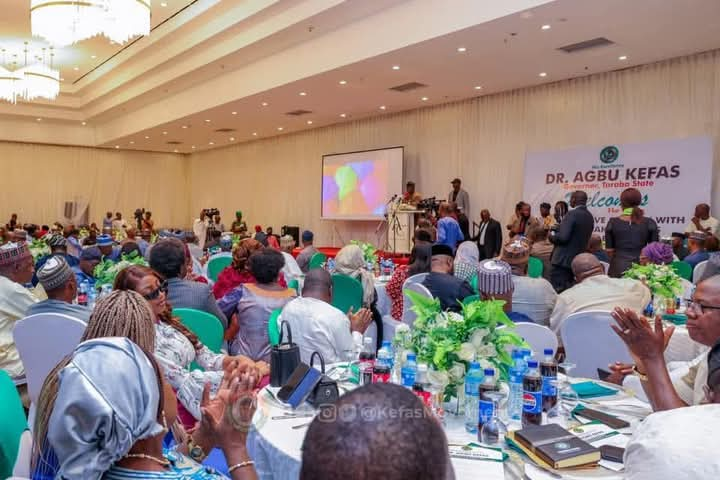
What Is the Purpose of a Stakeholders’ Meeting?
In any democratic society, the government has various channels through which it can engage with the public and implement its policies. These include the State House of Assembly, the Executive Council, and the Judiciary, which are responsible for carrying out the people’s will. Additionally, the media plays a crucial role in keeping the public informed about government activities, serving as the “fourth estate” to hold power to account.
Given this structure, one must question the need for a separate stakeholders’ meeting, especially when the key representatives of the state government, including the governor, lawmakers, and local officials should already be working together to address the issues affecting the state. Stakeholder meetings can, of course, be a useful tool for gathering feedback and building consensus, but they must be held at the right time and with the right focus.
In the case of Taraba State, the gathering in Abuja seems disconnected from the day-to-day realities facing the people. It raises an important question: is this meeting merely a well-funded jamboree, a luxury event meant to placate certain elites while the needs of ordinary citizens remain unmet?
A State in Crisis: Why the Timing Is Wrong
While the purpose of a stakeholders’ meeting may seem noble in theory, the timing of this one raises serious concerns. Taraba State is currently grappling with several significant issues that demand immediate attention and action from the state government. From the abrupt suspension of university exams to the sorry state of roads and the soaring cost of living, there are far more urgent priorities for the government to address before focusing on a gathering of elites in Abuja.
1. Taraba State University Crisis
One of the most glaring examples of the state government’s failure to prioritize the welfare of its citizens is the recent disruption of examinations at Taraba State University. Students at the institution had their exams abruptly cut short, leaving many frustrated and uncertain about their academic futures. This disruption was not caused by external factors, but by the state government’s lack of foresight and planning. The abrupt cancellation of exams points to a broader problem of neglect when it comes to the future of the state’s youth, who are supposed to benefit from the government’s promises of free education.
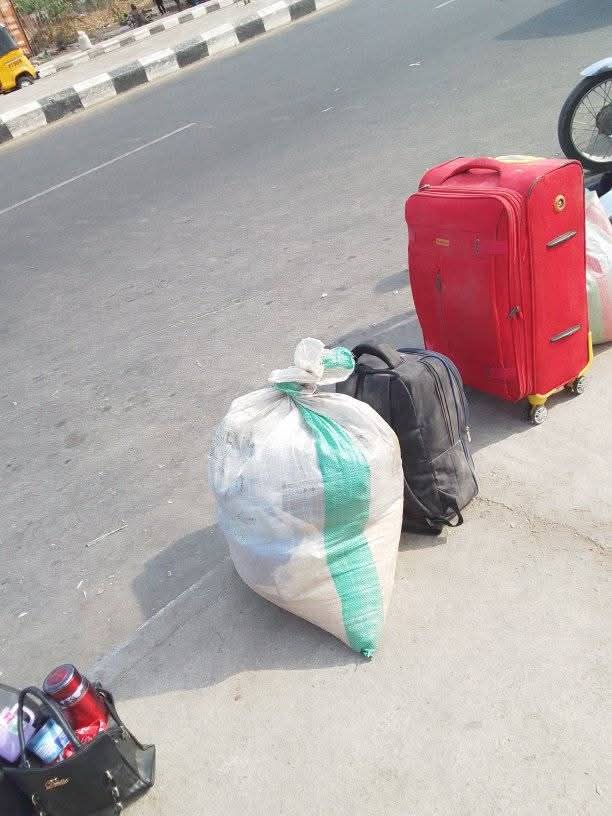
Instead of addressing this pressing issue, the governor and his officials chose to take a trip to Abuja, leaving students and their futures in limbo. The situation at Taraba State University is not unique, it is part of a pattern of poor governance that has plagued the state for years. At a time when education should be a top priority, the government’s failure to act responsibly and address this crisis makes the timing of a stakeholders’ meeting in Abuja seem even more out of place.
2. The State of the Jalingo-Abuja Road
Another glaring issue that highlights the insensitivity of the state government is the deplorable state of the Jalingo-Abuja road, a critical route for both residents and visitors to the state capital. one may argue that, the road is a Federal road and all that, but we have precedence of State governments embarking on such ventures to await refunds from the Federal government, mostly in demonstration of the urgency in need especially for the benefit of the poor mass. Few days ago, journalists from the Taraba state government house crew were involved in a horrific car accident while traveling on this road, to cover the Abuja Stakeholders meeting resulting in injuries to several individuals. The accident could have been avoided if the government had prioritized improving the road infrastructure, which has long been a point of concern for residents.
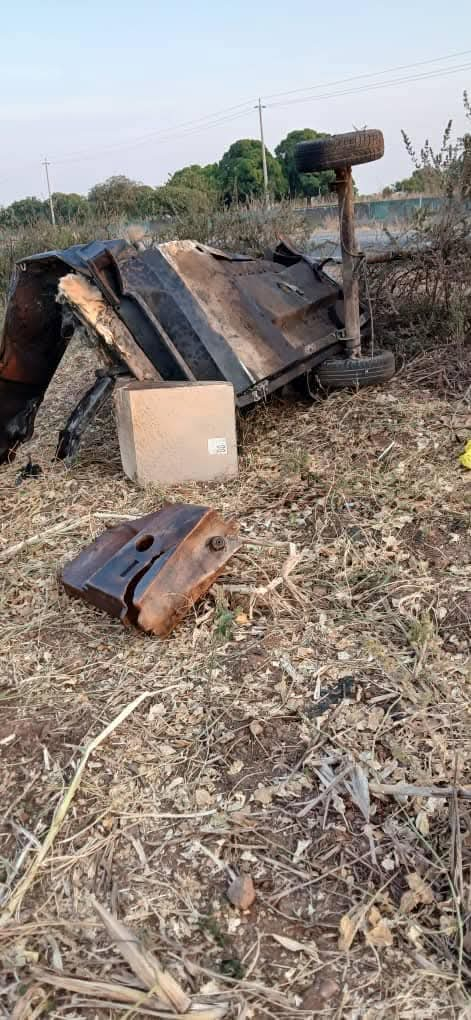
Despite the clear danger posed by the road, the governor and his key officials traveled to Abuja by air, leaving behind those who serve the government’s interests including the media crew to face the risks of traveling on an unsafe road. This is a clear demonstration of the government’s lack of empathy and understanding for the difficulties ordinary people face daily. While the governor may be comfortable in the safety of air travel, it is the people of Taraba State who bear the brunt of the state’s infrastructural failures.

3. The Charcoal and Firewood Ban
Another issue that continues to weigh heavily on the people of Taraba State is the controversial ban on charcoal and firewood. While the intention behind this policy may have been to protect the environment, the way it has been implemented has caused immense hardship for the people. Smuggling and illegal trading of these banned products have become rampant, and corrupt officials have taken advantage of the situation, extorting money from those involved in these activities. As a result, the cost of charcoal and firewood has skyrocketed, putting an additional strain on families already struggling to make ends meet.
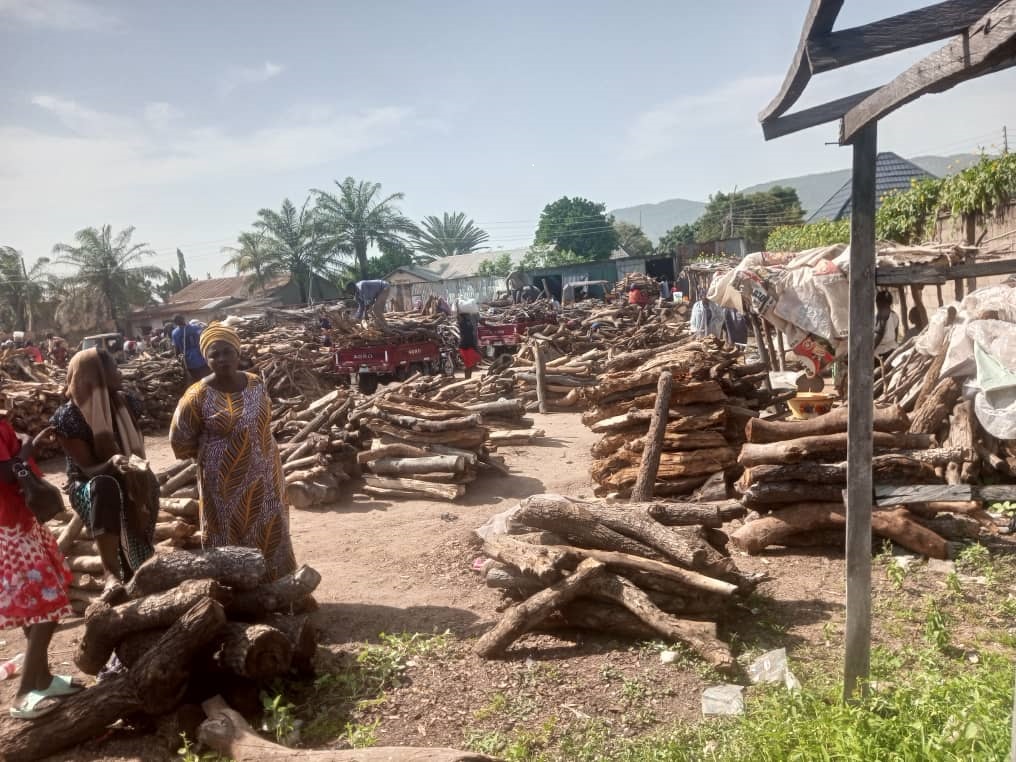
Instead of addressing this crisis, the government has chosen to focus on an elite gathering in Abuja. The people of Taraba, especially those in the capital, Jalingo, are struggling to feed their families, and the government’s failure to address this issue head-on shows a lack of understanding of the day-to-day struggles of ordinary citizens.
4. The State of Palliative Measures
The government has also been slow to implement the promised palliative measures to ease the suffering of the people. With the Federal Government providing various forms of assistance to states, including subsidized transportation and food aid, the people of Taraba were expecting similar support. However, as of now, there is little evidence that these measures have been put into action. The market for palliative goods remains stagnant, haven been renovated, the people’s expectations was cut short again when the rumored October 1 opening date of the KEFAS PALLIATIVE MARKET KPANTINAPU JALINGO did not happen and up until this moment it is not opened and no food is being sold at subsidized rates to benefit the people as promise by the governor.
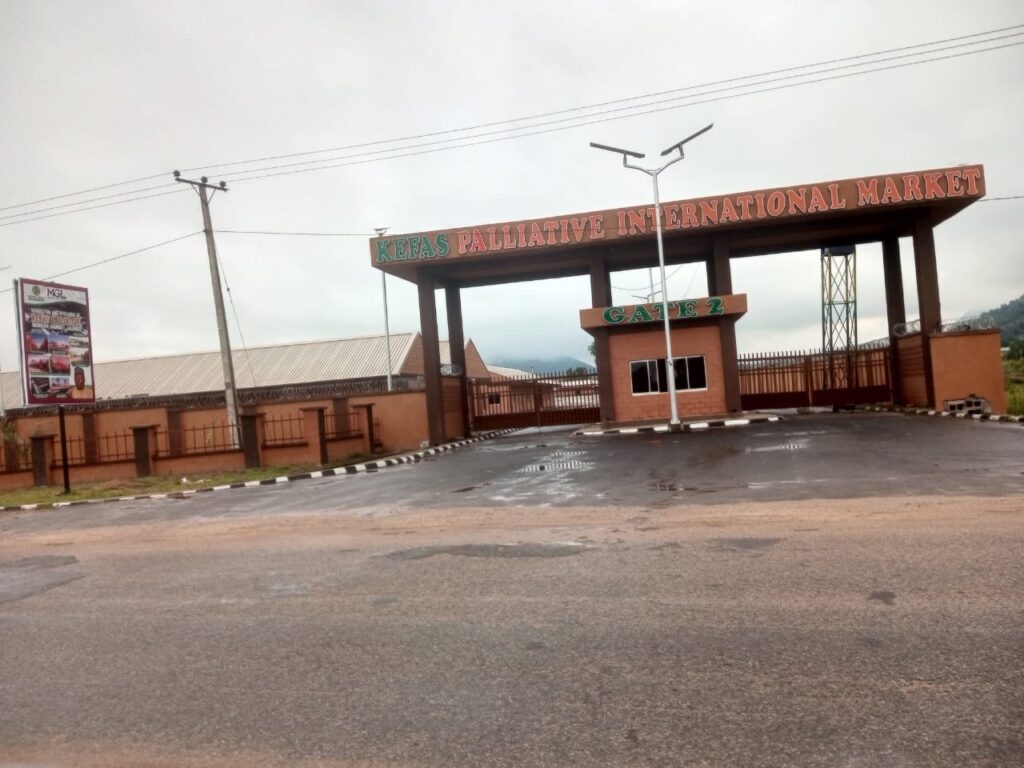
The governor’s failure to deliver on these promises has led to growing frustration among the people, who feel neglected and abandoned by their leaders. At a time when the government should be focused on alleviating the economic hardships faced by the people, it is instead organizing a high-profile meeting in Abuja — far removed from the struggles of ordinary Tarabans.
A Call for Action, Not Just Talk
It is high time that the government of Taraba State takes a hard look at its priorities. Stakeholder meetings are useful, but they must come at a time when the state is ready to engage with the real issues affecting its citizens. Before jetting off to Abuja to meet with elites, the governor should have focused on the urgent needs of the people, well it is better late than never, so, with the Abuja meeting done, the governor should meet with the TSU Striking Lecturers immediately to resolve and allow students conclude their exams before they make good their promise to occupy the streets in protest. .
More so, there is a dire need for town hall meetings within Taraba State, where the governor can directly address the concerns of the people. These meetings should focus on issues such as education, road infrastructure, the charcoal and firewood ban, and the distribution of palliative measures. The people need to feel that their government is working for them, not just engaging in ceremonial events that do little to address the problems they face the wonder the title “Governor Promise”
Conclusion: Getting the House in Order
Governor Kefas and his administration must recognize that charity begins at home. There is no point in organizing grand meetings in faraway places when the basic needs of the people remain unmet. Before focusing on elite gatherings in Abuja or beyond, it is essential that the state government first gets its own house in order. The people of Taraba State deserve better — they deserve a government that listens, acts, and prioritizes their needs above all else.
God bless Taraba State! Natures Gift to the Nation!!


